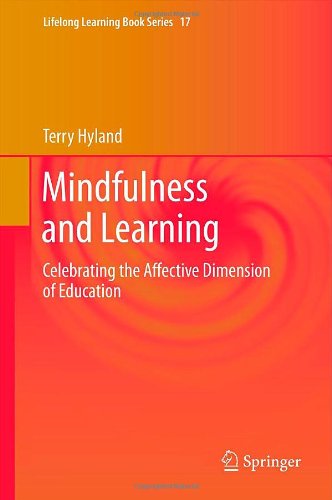

Most ebook files are in PDF format, so you can easily read them using various software such as Foxit Reader or directly on the Google Chrome browser.
Some ebook files are released by publishers in other formats such as .awz, .mobi, .epub, .fb2, etc. You may need to install specific software to read these formats on mobile/PC, such as Calibre.
Please read the tutorial at this link: https://ebookbell.com/faq
We offer FREE conversion to the popular formats you request; however, this may take some time. Therefore, right after payment, please email us, and we will try to provide the service as quickly as possible.
For some exceptional file formats or broken links (if any), please refrain from opening any disputes. Instead, email us first, and we will try to assist within a maximum of 6 hours.
EbookBell Team

0.0
0 reviewsIn recent decades, education at all levels has been seriously impoverished by a growing obsession with standards, targets, skills and competences. According to this model, only a circumscribed range of basic cognitive skills and competences are the business of education, whose main role is to provide employability credentials for people competing for jobs in the global economy. The result is a one-dimensional, economistic and bleakly utilitarian conception of the educational task.
In Mindfulness and Learning: Celebrating the Affective Dimension of Education, Terry Hyland advances the thesis that education stands in need of a rejuvenation of its affective function – the impact it has on the emotional, social, moral and personal development of learners. Drawing on the Buddhist conception of mindfulness, he advances a powerful argument for redressing this imbalance by enhancing the affective domain of learning.
Mindfulness and Learning: Celebrating the AffectiveDimension of Education shows how the concept and practice of ‘mindfulness’ – non-judgmental, present moment awareness and experience – can enrich learning at all levels. Mindfulness thus contributes to the enhanced achievement of general educational goals, and helps remedy the gross deficiency of the affective/emotional aspects of contemporary theory and practice.
The author outlines a mindfulness-based affective education (MBAE) programme and shows how it might be introduced into educational provision from the early years to adult education with a view to harmonising the cognitive-affective balance across the system.